Premier Li Keqiang visited the Baishazhou Industrial Zone in Hunan’s Hengyang, on June 11, inspecting progress in the transfer of East China’s industries.
Premier Li said industry transfer from East to Central and Western China is a national program and an undertaking in line with economic rules, demonstrating the principles of balanced and coordinated development.
Over the past five years, over 16,000 industry transfers were arrived in Hunan. Total investments reached 1.7 trillion CNY (265.3 billion USD) and more than 700,000 positions were added each year.
A manufacturing insider told the Premier that the massive relocation of East China’s industries to Hunan could not have been done without support from local authorities.
The Premier said in response that local authorities placed industry transfer high on the agenda in a bid to allow enterprises to forge ahead in an improved business environment by lessening disruption.
A beneficial business environment, like ports in East China, Premier Li added, will become the chief appeal for the central and western regions.
Premier Li Keqiang visited Baishui Village in Hengyang, Hunan on June 11 to inspect food production. Hunan is known as the “Land of Fish and Rice”. Its rice production has led the country for many years.
Li asked for details about average yield and revenue, fertilizer prices, and agricultural machinery quality. He talked with farmers to learn how much should be planted to achieve the break-even point, and encouraged them to explore various forms of operations.
The Premier said that to “solve the problem of feeding more than 1.3 billion people in China, it is ultimately necessary to effectively protect and mobilize the enthusiasm of farmers to produce grain. Grain production is a worldwide issue. China will make great efforts to support the development of agriculture and increase investment in basic facilities such as water conservation.” He continued, “We will innovate the institutional mechanisms to give greater play to the role of the market and ensure that farmers have a reasonable income.”
Premier Li Keqiang visited the Bosch Automotive Products (Changsha) Co., Ltd. on June 11. The company is one of the pilot plants of the German Bosch Group's Smart Manufacturing Project. Li Keqiang said that not only does Germany have its own advanced manufacturing strategy, but the United States, Japan, France, and South Korea also have their own advanced manufacturing strategies. China has always maintained an open attitude toward advanced manufacturing strategies in all countries.
He said to Bosch employees that China treats all Chinese and foreign companies equally. Bosch Changsha, as part of the “Made in China” strategy, enjoys the benefits of both wholly foreign-owned enterprises and Chinese companies. China welcomed companies from all over the world to expand investment and carry out various forms of cooperation here. The government promised to protect all kinds of intellectual property rights, he added.
When Premier Li Keqiang visited the Bosch Automotive Products (Changsha) Co., Ltd. on June 11, he was briefed on Bosch Group's autonomous driving technology research and development. Li Keqiang told the Bosch representative that German Chancellor Merkel repeatedly stated to the Chinese government that Germany is willing to jointly develop autonomous driving technology. The Premier immediately requested that all responsible officials in the relevant central ministries and commissions accelerate cooperation between China and Germany in the field.
Premier Li Keqiang visited the 58 Group while in Changsha, Hunan on June 11.
58 Daojia, a subsidiary of this group, provides immediate booking services for babysitting, cleaning, and moving, through an Internet platform. It offers more than 2.1 million bookings yearly.
Li Keqiang learned about its use of collected data to analyze the employment situation. He remarked that employment is the basis of the people’s livelihood and the cornerstone of national development. He agreed that “Internet plus employment” is an efficient platform for employment resource allocation in the market. It has become an important window for observing the employment situation and economic trends.

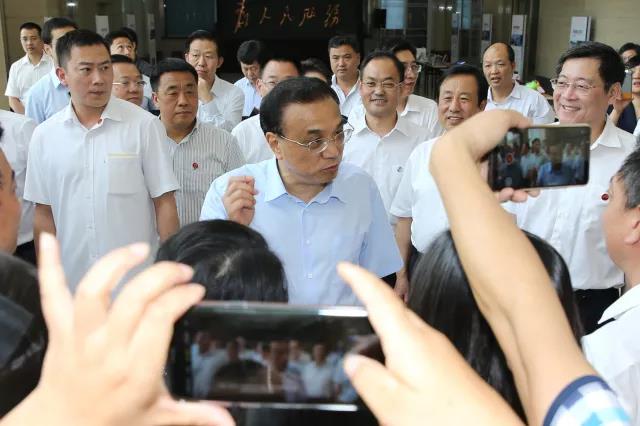
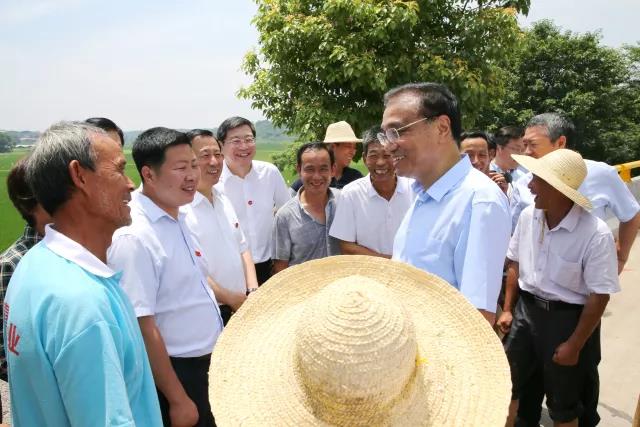
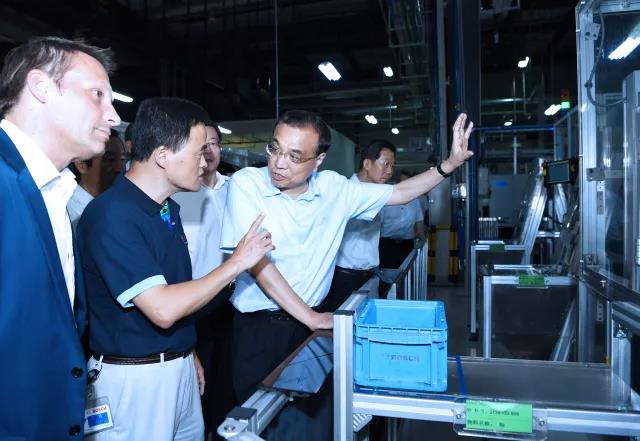
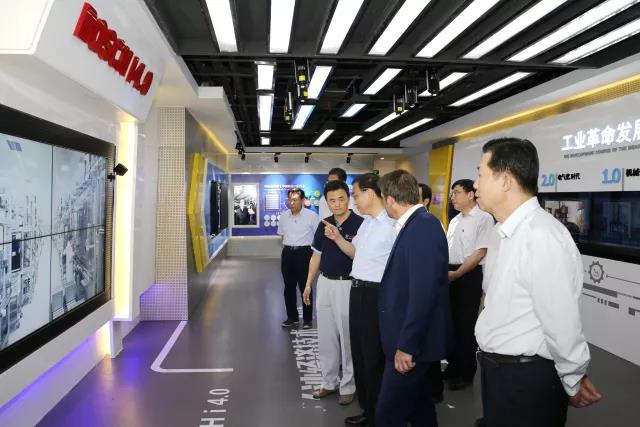
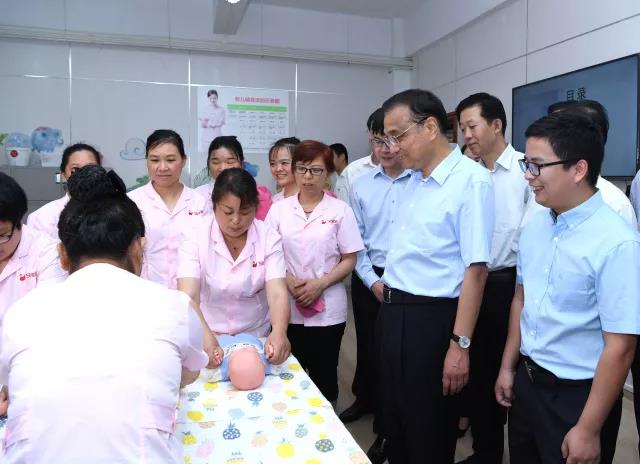
Premier Li Asks Hunan to Lead China’s Industrial Transfer Program
Editor:张焕勤
Source:湖南省政府门户网站英文版
Updated:2018-06-13 14:38:54
Source:湖南省政府门户网站英文版
Updated:2018-06-13 14:38:54
Special
Contact
Welcome to English Channel! Any suggestion, welcome.Tel:0731-82965627
lisl@rednet.cn
zhouqian@rednet.cn











